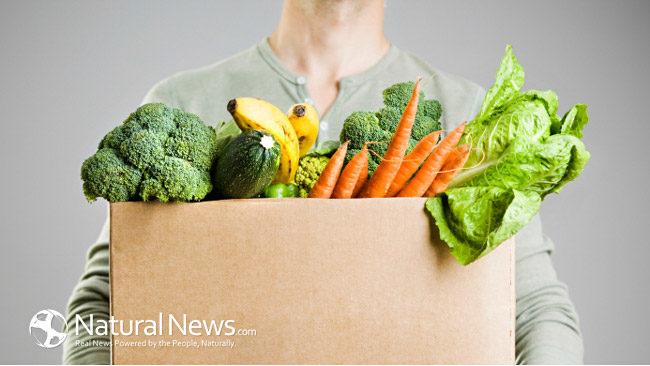When the Paleo diet was first developed and introduced to the world, it was quite limiting. Lean meats, fish, seafood, veggies, fruits, and occasional nuts/seeds were all the foods that were allowed. Dairy products, legumes, starchy vegetables, alcohol, and rice were strictly forbidden, along with the usual suspects industrial oils, grains, and sugar, but now with new nutritional research coming out, experts on Paleo nutrition such as Mark Sisson and Chris Kresser are revising their original concepts of a Paleo diet to include foods which are healthy but were originally deemed not Paleo. The Paleo diet is now often seen as a template rather than a rigid diet, and Mark Sisson can be quoted in a recent blog post of his stating:
“The anthropological record provides a framework for further examination of nutritional science; it does not prescribe a diet.” – Mark Sisson
The one caveat to this though is that one of the main tenets of the Paleo diet is to keep dietary carbohydrates to a minimum, baring a few exceptions (athletes for example). So while this modern Paleo diet might contain more available starches than the original Paleo diet, your daily carbohydrate limit of 50-150 grams stays the same.
This article aims to provide a comprehensive list of the foods generally accepted within the nutritional template of the modern Paleo diet. This comprehensive food list also aims to stay within reason, as many other comprehensive Paleo food lists you will read include zany foods like bear meat or armadillo liver. The foods you will find here you can probably buy in a store.
Overall Recommendations
| EAT | DON’T EAT |
|
|
Meat/Eggs
Meats and eggs will be pastured raised (aka grass fed). Conventionally raised meats fed corn, soy, grains, and other junk from confined animal feeding operations (CAFO) are highly discouraged and NOT Paleo.
|
|
Oils/Fats
With oils and fats, the main concern is to keep the amount of polyunsaturated fats low, and the amount of monounsaturated fats and saturated fats high. The second concern is for each oil/fat to have a high omega-3 to omega-6 ratio. All oils purchased should be extra virgin cold pressed (unrefined), and all dairy fats purchased will be pasture raised.
|
|
Vegetables
Starchy vegetables are not included in this list as they are listed below in their own category. Vegetables can be eaten in large quantities, and when in doubt as to what to eat, eat vegetables.
|
|
Fruits
Fruits are similar to vegetables in their nutritional quality, but because of their higher levels of sugar/fructose, consume fruits to a lesser degree than vegetables. Do not eat dried, pureed, candied, or otherwise altered fruit products, and do not drink fruit juice.
|
|
Fish
Fish will be wild caught. Keep consumption of fish to a maximum of 2-3 times a week at most because of high mercury concentrations.
|
|
Seafood
Seafood will be wild caught. Keep consumption of seafood to a maximum of 2-3 times a week at most because of high mercury concentrations.
|
|
Nuts/Seeds
Nuts will be purchased whole, unroasted, unsalted, and unsweetened in order to limit consumption.
|
|
Starches
These do not take the place of a vegetable side dish, but rather as a carb source for a meal. Remember the Paleo diet recommends you eat only 50-150 grams of carbohydrates a day. Rice and corn are not necessarily bad for you, but they are not necessarily good for you either. The calories they contain carry with them little nutritional value, so eat rice and corn in limited quantities.
|
|
Legumes
These do not take the place of a vegetable side dish, but rather as a carb source for a meal. Remember the Paleo diet recommends you eat only 50-150 grams of carbohydrates a day. Legumes contain a lot of fiber, protein (for a carb source), and minerals, so if your body can handle legumes well and cause no digestive problems, dig in!
|
|
Sugars
While these different sugars are technically Paleo, sugar is still sugar, and should only be consumed in very limited quantities, unlike the 15-17% of total daily calories Americans on average consume from sugars.
|
|
Dark Chocolate
Dark chocolate is fine to eat in limited quantities if the cacao percentage is above ~70%. Go below 70% and the amount of butter and sugar is too high for health reasons and too high to be deemed Paleo.
Alcohol (red wine)
Limit alcohol consumption to 1-2 servings a day. Most Paleo experts agree that alcohol is not Paleo, but some endorse red wine for its high resveratrol content. A serving of wine is 5 oz.





